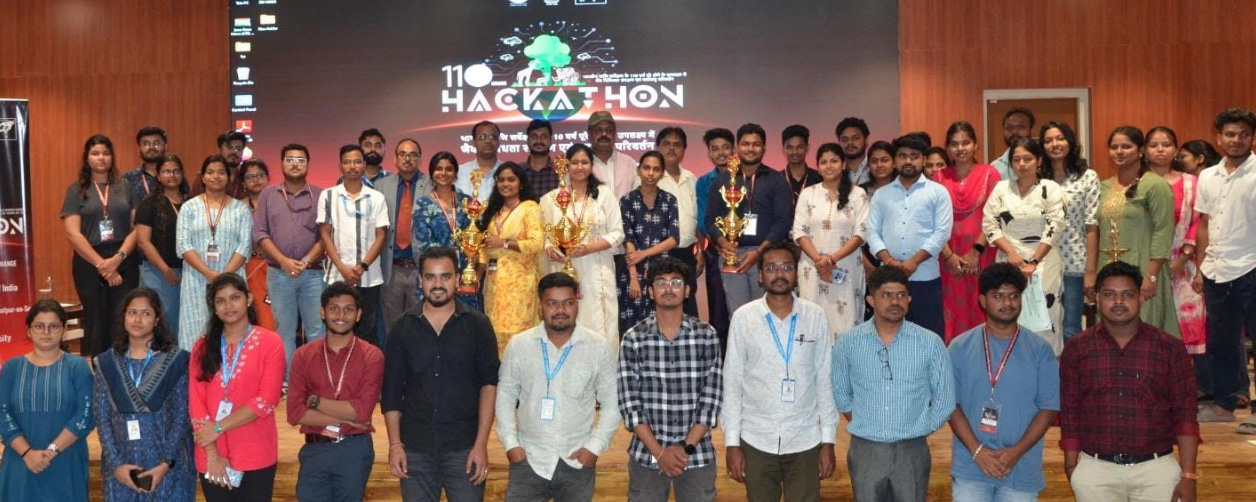Bhubaneswar: A nationwide 110-hour hackathon, championed by the Zoological Survey of India’s (ZSI) regional centers, recently underscored the power of youth-led innovation in environmental stewardship. The Estuarine Biology Regional Centre in Gopalpur-on-Sea, Odisha, successfully hosted a segment focused on “Estuarine Faunal Diversity,” drawing enthusiastic teams from across the country.
The event, meticulously coordinated by Dr. Anil Mohapatra (Officer-in-Charge) and Dr. D. S. Suman (Nodal Officer), kicked off with a compelling inaugural address by Prof. Geetanjali Dash, Vice Chancellor of Berhampur University. She passionately advocated for a unified front among scientists, academicians, forest officials, and students to safeguard India’s delicate estuarine ecosystems. “Biodiversity conservation is not the responsibility of a single institution or individual—it is a shared mission,” she emphasized, highlighting the hackathon’s role in fostering such crucial collaboration and innovation.
Sunny Khokkhar, Divisional Forest Officer (DFO), Berhampur, as Guest of Honour, stressed the urgent need to implement the fresh ideas proposed by young researchers to revitalize estuarine habitats and bolster biodiversity. “The solutions proposed by young researchers today have the potential to reshape our conservation framework,” he noted, underlining the critical support required from enforcement and scientific agencies for their execution. Renowned naturalist Prof. Sushil Kumar Dutta from Maharaja Sriram Chandra Bhanja Deo University, Baripada, also a Guest of Honour, lauded the initiative, affirming that “Hackathon serves as a dynamic platform where innovation meets conservation.”
Eight teams from prestigious universities nationwide presented innovative conservation models, ranging from habitat restoration and pollution mitigation to community-based conservation and tech-driven biodiversity monitoring. The judging panel, comprising Jaya Kishore Seth (Assistant Professor, Berhampur University), Dr. Siba Prasad Parida (Professor), and Shri Subhrendu Sekhar Mishra (former Scientist, ZSI), were honored for their significant contributions to science and conservation, offering invaluable insights throughout the event.
In a moment of significant achievement, the team from Odisha University of Agriculture and Technology (OUAT), Bhubaneswar, secured a spot at the National Level Hackathon Competition. Swati Pradhan, Subham Mohapatra, and Sahil Samser Alam from OUAT showcased exceptional innovation and teamwork. Close behind, the team from CASIN, Department of Marine Biology, Annamalai University, Tamil Nadu, consisting of Sandhiya P., Celcia Ganan Rathinam, and W. V., earned the Second Position for their creative solutions. The Third Position was awarded to the Department of Environmental Science, Berhampur University, Odisha, with Sakti Prasad Patnayak, Sandeep Rout, and Biswajit Samantaray recognized for their commendable habitat modeling abilities.
The event concluded with a powerful call to action, urging the integration of scientific innovation, policy advocacy, and community engagement to protect India’s rich estuarine ecosystems. The organizers reiterated their commitment to nurturing such initiatives, fostering a more resilient ecological future for the nation.


